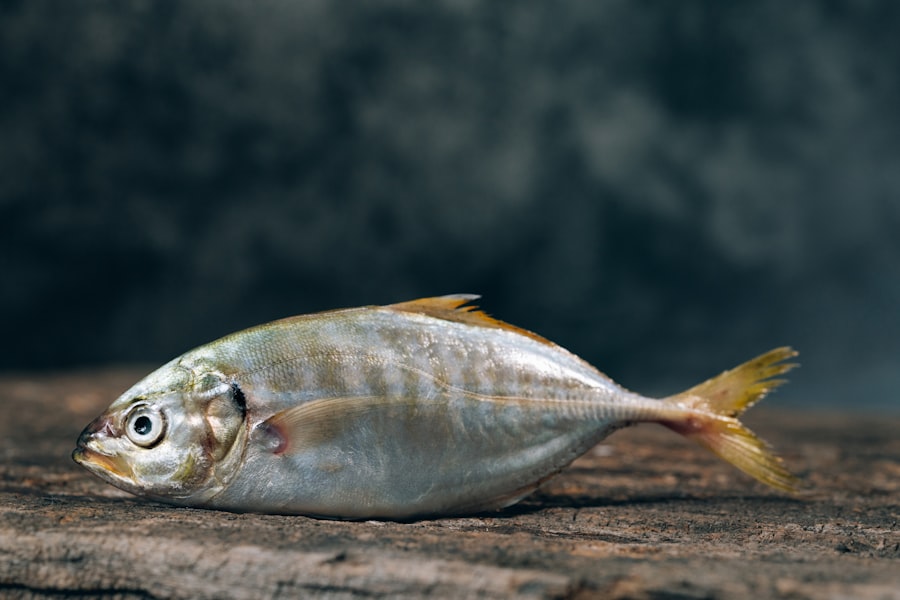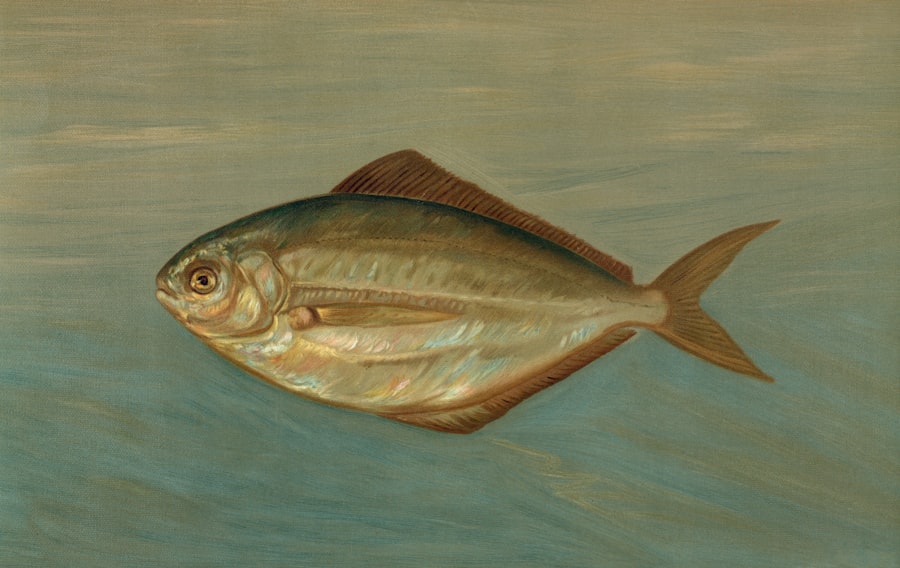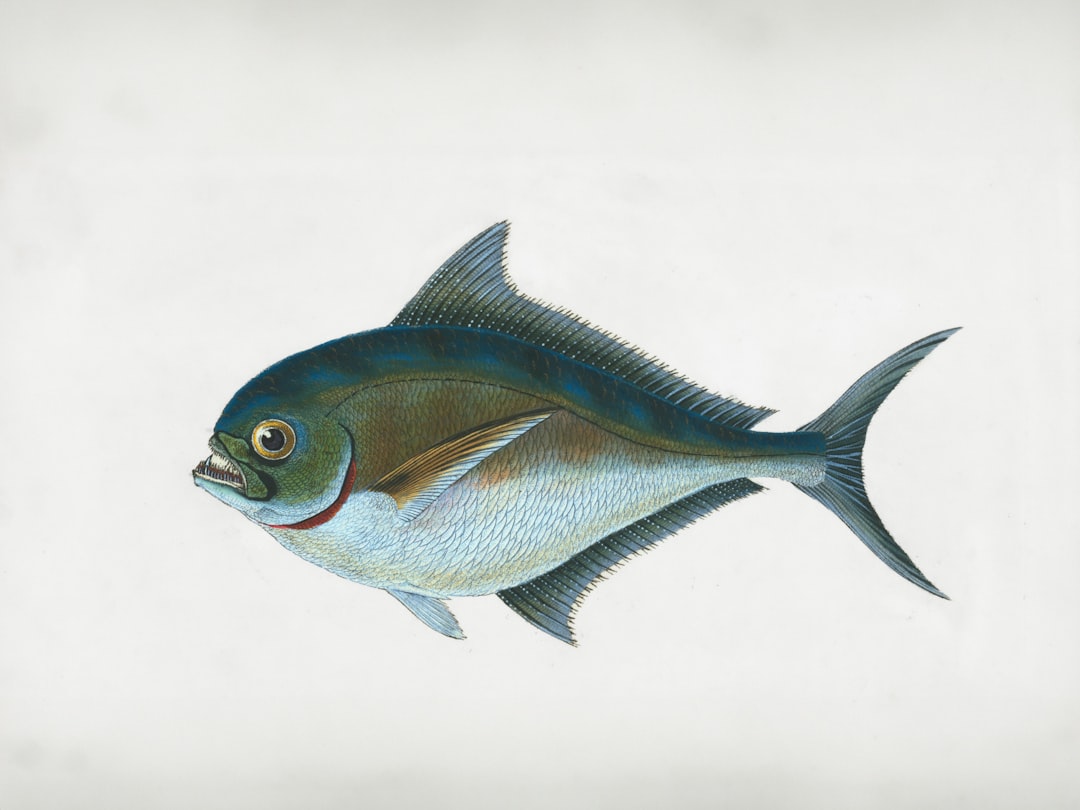The tuna industry has burgeoned into a colossal enterprise, generating an estimated ten billion dollars annually. This lucrative market is driven by the insatiable demand for tuna, particularly in regions where sushi and sashimi have become culinary staples. The popularity of tuna extends beyond traditional markets; it has found its way into various cuisines worldwide, making it a global commodity.
The industry encompasses a vast network of fishing fleets, processing plants, and distribution channels, all working in concert to meet consumer demand. As a result, tuna has become one of the most commercially valuable fish species, with its price reflecting both its desirability and the pressures of overfishing. However, the financial success of the tuna industry comes with significant challenges.
The race to catch more tuna has led to unsustainable fishing practices that threaten the very existence of tuna populations. As fishermen strive to maximize their profits, they often overlook the long-term consequences of their actions. This relentless pursuit of profit not only jeopardizes the future of tuna stocks but also raises ethical questions about the methods employed in the industry.
The ten billion dollar tuna industry is thus a double-edged sword, offering economic benefits while simultaneously posing risks to marine ecosystems and fish populations.
Key Takeaways
- Tuna fishing is a multi-billion dollar global industry with significant economic influence.
- Deceptive practices in tuna fishing harm both the environment and consumer trust.
- Overfishing tuna leads to severe environmental damage and threatens marine ecosystems.
- Government regulations and transparency are crucial to ensuring sustainable and ethical tuna fishing.
- Consumers play a vital role in demanding accountability and supporting sustainable tuna practices.
The Deceptive Practices of Tuna Fishing
Deceptive practices within the tuna fishing industry are alarmingly prevalent, undermining both consumer trust and ecological integrity. One of the most notorious methods involves mislabeling fish products, where cheaper or less desirable species are sold as premium tuna. This practice not only deceives consumers but also contributes to the overexploitation of certain fish stocks.
In many cases, consumers are unaware that they are purchasing fish that do not meet their expectations in terms of quality or sustainability. Such deception is often driven by profit motives, as sellers seek to capitalize on the high market value associated with tuna. Moreover, the use of illegal fishing practices exacerbates the problem.
Many fishing vessels operate without proper licenses or in violation of established quotas, leading to significant overfishing. These illegal operations often go unchecked due to inadequate enforcement of regulations in international waters. The lack of transparency in supply chains further complicates matters, making it difficult for consumers to trace the origins of their seafood.
As a result, deceptive practices not only harm consumers but also threaten the delicate balance of marine ecosystems.
The Environmental Impact of Tuna Overfishing

The environmental ramifications of tuna overfishing are profound and far-reaching. Tuna species, such as bluefin and yellowfin, are particularly vulnerable due to their slow reproductive rates and high market demand. Overfishing has led to dramatic declines in their populations, disrupting marine food webs and threatening the biodiversity of ocean ecosystems.
As apex predators, tuna play a crucial role in maintaining the health of marine environments; their decline can have cascading effects on other species and habitats. Additionally, the methods employed in tuna fishing often result in significant bycatch—unintended species caught alongside target fish. This bycatch can include endangered species such as sea turtles and sharks, further exacerbating the ecological crisis.
The destruction of habitats caused by certain fishing techniques, such as bottom trawling, also contributes to the degradation of marine environments. The environmental impact of tuna overfishing is not merely a localized issue; it poses a global threat that necessitates urgent action to protect ocean health and sustainability.
The Economic Impact of Tuna Deception
| Metric | Value | Unit | Description |
|---|---|---|---|
| Annual Tuna Market Value Loss | 150 | Million | Estimated annual loss in market value due to tuna deception practices |
| Percentage of Tuna Mislabeling | 30 | Percent | Proportion of tuna products found to be mislabeled or deceptive |
| Impact on Local Fishermen Income | 20 | Percent | Reduction in income for local fishermen due to deceptive practices |
| Increase in Enforcement Costs | 5 | Million | Additional government spending on monitoring and enforcement |
| Consumer Trust Decline | 25 | Percent | Decrease in consumer trust in tuna products over the last 5 years |
The economic implications of deceptive practices in the tuna industry extend beyond individual consumers; they affect entire communities and economies reliant on sustainable fishing practices. When consumers unknowingly purchase mislabeled or illegally caught tuna, they inadvertently support a system that undermines legitimate fisheries and threatens livelihoods. Fishermen who adhere to sustainable practices find themselves at a disadvantage when competing against those who exploit loopholes or engage in illegal activities.
Furthermore, the economic consequences ripple through supply chains and markets. As overfishing depletes tuna stocks, prices may initially rise due to scarcity; however, this can lead to market instability in the long run. Unsustainable practices can result in fishery collapses, which devastate local economies dependent on fishing for income and employment.
The economic impact of tuna deception is thus a complex issue that intertwines ethical considerations with financial realities, highlighting the need for reform within the industry.
The Role of Government Regulations in Tuna Fishing
Government regulations play a critical role in managing tuna fisheries and ensuring sustainable practices. Various international agreements and national laws aim to establish quotas, protect endangered species, and regulate fishing methods. Organizations such as the International Commission for the Conservation of Atlantic Tunas (ICCAT) work to monitor tuna populations and enforce compliance among member countries.
However, enforcement remains a significant challenge due to limited resources and varying levels of commitment among nations. In many cases, regulations are insufficiently stringent or poorly enforced, allowing illegal fishing practices to persist. Corruption and lack of transparency can further undermine regulatory efforts, making it difficult to hold violators accountable.
Effective governance is essential for the long-term sustainability of tuna fisheries; without robust regulations and enforcement mechanisms, the future of tuna stocks remains precarious. Governments must prioritize collaboration with international bodies and local communities to develop comprehensive strategies that promote responsible fishing practices.
The Consumer’s Role in Combatting Tuna Deception

Consumers hold significant power in combatting deception within the tuna industry through informed choices and advocacy for transparency. By demanding sustainably sourced seafood and supporting brands that prioritize ethical practices, consumers can drive change within the market. Awareness campaigns and educational initiatives can empower individuals to make informed decisions about their seafood consumption, fostering a culture of accountability within the industry.
Moreover, consumers can advocate for stronger regulations and enforcement mechanisms by supporting organizations that promote sustainable fishing practices. Engaging with policymakers and participating in community initiatives can amplify their voices in calling for change. As awareness grows about the issues surrounding tuna deception, consumers have an opportunity to influence industry standards and encourage greater transparency throughout supply chains.
The Future of Tuna Fishing and Sustainability
The future of tuna fishing hinges on the industry’s ability to adapt to changing environmental conditions and consumer expectations regarding sustainability. Innovative approaches such as aquaculture—farming fish in controlled environments—offer potential solutions to alleviate pressure on wild stocks while meeting consumer demand. However, aquaculture must be implemented responsibly to avoid creating new environmental challenges.
Additionally, advancements in technology can enhance monitoring and enforcement efforts within fisheries. Satellite tracking systems and data analytics can provide valuable insights into fishing patterns and help identify illegal activities more effectively. By embracing sustainable practices and leveraging technology, the tuna industry can work towards a more resilient future that balances economic viability with ecological responsibility.
The Importance of Transparency in the Tuna Industry
Transparency is paramount in fostering trust between consumers and the tuna industry. Clear labeling practices that accurately reflect the origins and methods used in catching tuna can empower consumers to make informed choices. Initiatives such as traceability programs allow consumers to track their seafood from ocean to plate, ensuring that they are supporting sustainable practices.
Moreover, transparency extends beyond labeling; it encompasses corporate responsibility and ethical sourcing commitments from companies involved in the tuna supply chain. By prioritizing transparency, businesses can build consumer confidence and contribute to a more sustainable future for tuna fisheries. As consumers increasingly demand accountability from brands, transparency will become a key differentiator in a competitive market.
The Global Impact of Tuna Deception
The ramifications of tuna deception extend far beyond individual markets; they have global implications for marine ecosystems and international trade. As countries grapple with declining fish stocks due to overfishing and illegal practices, tensions may arise over access to shared resources. This can lead to conflicts between nations and exacerbate existing geopolitical issues related to maritime boundaries.
Furthermore, global trade networks are affected by deceptive practices that undermine fair competition among fisheries worldwide. Countries that adhere to sustainable practices may find themselves at a disadvantage when competing against those that exploit loopholes or engage in illegal activities. Addressing these global challenges requires international cooperation and commitment to sustainable fishing practices that prioritize ecological health over short-term profits.
The Ethical Considerations of Tuna Deception
The ethical implications surrounding tuna deception raise important questions about responsibility within the industry. Consumers have a right to know what they are purchasing; mislabeling and deceptive practices violate this fundamental principle of honesty. Additionally, the exploitation of vulnerable fish populations raises ethical concerns about stewardship and respect for marine ecosystems.
Fishermen who engage in unsustainable practices not only jeopardize their livelihoods but also compromise future generations’ ability to enjoy marine resources. Ethical considerations must guide decision-making within the industry, emphasizing the importance of sustainability over profit maximization. By fostering a culture of responsibility and accountability, stakeholders can work towards an ethical framework that prioritizes both human welfare and environmental health.
The Call to Action: Holding Tuna Industry Accountable
As awareness grows about the issues surrounding tuna deception and overfishing, there is an urgent need for collective action to hold the industry accountable. Consumers must demand transparency from brands while advocating for stronger regulations at local and international levels. Policymakers should prioritize sustainable fishing practices by enforcing existing regulations and developing new frameworks that address emerging challenges.
Moreover, collaboration among stakeholders—including governments, NGOs, businesses, and consumers—is essential for creating meaningful change within the industry. By working together towards common goals of sustainability and accountability, stakeholders can ensure that future generations inherit healthy oceans teeming with diverse marine life.
The ten billion dollar tuna lie has sparked significant debate and intrigue, particularly in the context of the fishing industry’s impact on global economies. For a deeper understanding of the complexities surrounding this issue, you can read a related article that explores the broader implications of fishing practices and their economic consequences. Check it out here: Related Article.
WATCH THIS! The $10 Billion Lie: Why Your “Dolphin-Safe” Tuna Isn’t Safe
FAQs
What is the “Ten Billion Dollar Tuna Lie” about?
The “Ten Billion Dollar Tuna Lie” refers to a controversy or misinformation surrounding the valuation or economic impact of the tuna industry, particularly claims that the industry is worth ten billion dollars, which may be exaggerated or misleading.
Why is the tuna industry often valued at ten billion dollars?
The ten billion dollar figure is commonly cited as an estimate of the global tuna industry’s market value, including fishing, processing, and trade. However, this number can vary depending on the source, the scope of the industry considered, and the methods used to calculate economic impact.
Is the ten billion dollar valuation accurate?
There is debate about the accuracy of the ten billion dollar valuation. Some experts argue that the figure is inflated due to double counting, inclusion of related industries, or outdated data, while others maintain it is a reasonable estimate of the industry’s global economic significance.
What are the main species of tuna involved in the global market?
The primary tuna species in the global market include skipjack, yellowfin, bigeye, albacore, and bluefin tuna. Each species has different market values and ecological statuses.
How does the tuna industry impact the environment?
The tuna industry can have significant environmental impacts, including overfishing, bycatch of non-target species, and habitat disruption. Sustainable fishing practices and regulations are critical to mitigating these effects.
What role do international organizations play in managing tuna fisheries?
International organizations, such as regional fisheries management organizations (RFMOs), coordinate efforts among countries to regulate tuna fishing, set quotas, and promote sustainable practices to ensure the long-term health of tuna populations.
Why is there controversy surrounding the economic claims about the tuna industry?
Controversy arises because economic claims may be used to influence policy, investment, or public perception. Overstated figures can mislead stakeholders about the industry’s true economic and environmental status.
How can consumers contribute to sustainable tuna fishing?
Consumers can support sustainable tuna fishing by choosing products certified by reputable organizations, such as the Marine Stewardship Council (MSC), and by being informed about the sources and fishing methods used for tuna products.
What is the significance of the “Ten Billion Dollar Tuna Lie” in public discourse?
The phrase highlights the importance of critically evaluating economic data and claims in the seafood industry, encouraging transparency and accountability to prevent misinformation from shaping policies and consumer behavior.
Where can I find reliable information about the tuna industry’s economic value?
Reliable information can be found through scientific studies, reports from international fisheries organizations, government agencies, and reputable environmental NGOs that specialize in marine resources and fisheries economics.
